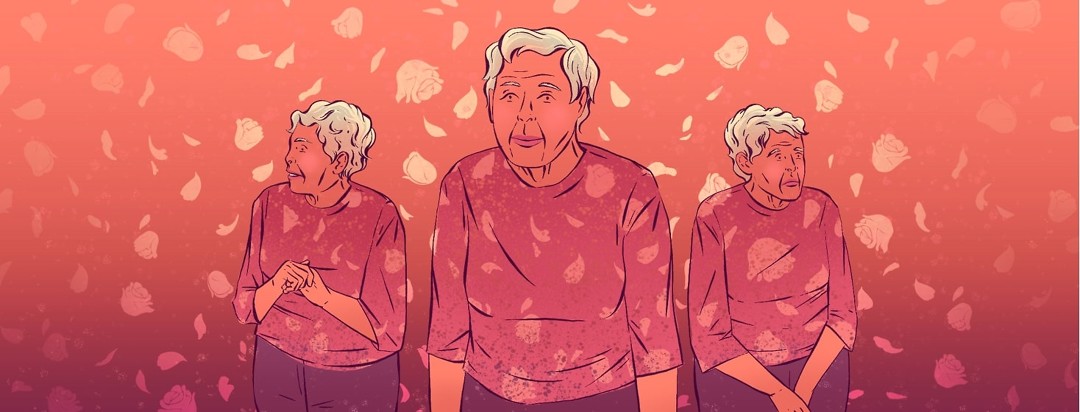Grieving Someone with Alzheimer's Who Is Still Alive
Do you remember the last time your loved one called you on the phone? What about the last time your loved one remembered your birthday? Or the last time your loved one told you they love you?
How about the last time your loved one showered and got dressed on their own? Or the last time your loved one drove a car? Or even the last time you and your loved one were able to go out for a meal together?
Remembering the 'last time'
While my mom was living with Alzheimer’s, it was very difficult for me to remember any of those last times. At various points during her illness, we lost all of those things and more.
I saw the mom I had in front of me, but it was always so difficult to remember what she was like before, what life was like before. And although I knew I felt immense sadness and an overwhelming sense of loss, for the longest time I didn’t realize what I was feeling was grief.
When someone you love has Alzheimer’s, you are in a perpetual state of loss. As the disease progresses, you lose a little more of your loved one each day. You lose them long before they are physically gone. And each of those losses, no matter how big or how small, brings fresh grief.
Grieving who they once were
You grieve the loss of every version of your loved one. You grieve who they were before they got sick and as they continue to decline, you grieve who they were in earlier stages of the disease. You also grieve the loss of your relationship with your loved one – the loss of their love and support, the loss of the way you spent time together. And on top of all of that, you grieve the loss of your old life, the one you had before Alzheimer’s changed everything.
I struggled daily with grief while my mom was alive. Even though she was still here, she was drastically different from the mom I always knew. I missed my old mom so much it consumed me. And then when my mom died, I grieved all over again. It’s true what they say about grieving two deaths – the death of the person you always knew and the actual death itself. When your loved one dies, you don’t just grieve the death. You grieve the entire journey. You grieve every loss along the way. You also grieve the end of your role as a caregiver.
My advice: I don't have any
I wish I had some golden nugget of advice to offer that would make all of your pain and grief go away, but the truth is I don’t. No one does. You can try to focus on gratitude for what you still have, for what your loved one can still do. You can meet them where they’re at and accept them for who they are now. You can do all of these things and it might help a little, but the grief will always be there. It’s the price you pay for loving someone so much.
All of this to say, what you are feeling is not only normal, it’s validated. It’s justified. You are losing your loved one repeatedly, bit by bit, day by day. You will be sad. You will be angry. You will be hopeless. You will be all of these things, but you will also survive.
This is tough.
But so are you.

Join the conversation